Ruhling: The Chef who learned French cooking in England
Vincent Caro didn’t learn to cook the culinary classics of his native Brittany at home.
For that, he had to go abroad. To England.
Vincent, the owner of the newly opened French bistro Chez Olivia, says it’s not as strange as it sounds.
He was, after all, in the employ of a French restaurant when he learned the ins and outs of braising the boeuf bourguignon and anointing the coq au vin with Burgundy.
Ah, that does make sense. Sort of.
Sipping an espresso at one of the tables in Chez Olivia’s backyard garden that’s shaded by tomato-red umbrellas, Vincent, who was born and raised in the tiny farming/fishing commune of Pleyben, recalls, fondly, the kitchens of his past and present.
His conversation is interrupted several times.
As the cleaning crew is finishing up and the tables are being set, Vincent is alerted to the fact that one page of the menu in the front window has fallen to the floor.
He reinstates it, and as he walks past the kitchen, he helps move a set of shelves back against the wall.
There’s also some kind of plumbing problem, and he has a discussion with a worker about the best position for the pipe. Then, he checks on things in the basement and runs through produce prices with a prospective vendor.
“How much are you paying for Idaho potatoes?,” she asks. “Oh, that’s way too much. I can get them for you for $2 less.”
He patiently hears her out but politely defers an on-the-spot commitment.
OK, where were we?
Oh, yes, his parents – Dad was a teacher and Mom ran a gift shop – did serve Vincent and his brother home-cooked meals, but the boys’ only interest in food was eating it.
Indeed, Vincent’s passion for the culinary arts didn’t commence until he was 14.
That’s when he took a part-time job at a restaurant to make spending money.
“I started out on weekends and holidays and fell in love with the work,” he says. “I was always in the kitchen asking how to do things and trying the food.”
If the food was good, he discovered that the gossip was even better.
“The population of Pleyben is only about 4,000,” he says. “The restaurant was the best place to find out what was going on.”
During breaks from college, where he earned a degree in business and sales, Vincent continued the restaurant stints, which eventually became his career, first in France and then in England.
“I wanted to improve my English,” he explains in his delicious French accent.
Vincent, who has eyes that match his espresso and generously salted hair, had no intention of coming to America until a friend told him about job opportunities at EPCOT, Walt Disney’s Florida theme park.
“There were pavilions for various countries, including France, and the people who worked there came from all over the world,” Vincent says.
He secured a job, and six months later, in 2005, he made his way to New York City.
“I had been to New York on vacation twice, and I loved it,” he says.
After working for several restaurants, Vincent decided to open his own.
“By this time, I was married, and my wife was pregnant with our first child,” he says, adding that she’s a New Yorker. “I always wanted to go out on my own, and I thought if I don’t take the risk now, I never will.”
He made his debut in 2016 in Sunnyside, but the restaurant closed permanently in March 2020 at the beginning of the pandemic lockdowns.
His second establishment, Chez Eloise, is in Jackson Heights, where he lives. Chez Olivia is the newest sibling.
In case you haven’t guessed it, the bistros are named for Vincent’s daughters, 6-year-old Eloise and 4-month-old Olivia.
Restaurants require a lot of hands-on work, and these days Vincent finds himself literally running back and forth between Olivia and Eloise.
“It’s about a 10-minute drive by car,” he says. “But it sometimes takes much longer because of all the red lights. Sometimes, I jog instead. That usually takes 15 minutes.”
Vincent isn’t sure how many hours he works – he’d probably quit the business if he ever stopped long enough to tally them – but his day starts at 7:30 when he gets Eloise ready for school.
It doesn’t end until everything is done, and often that’s late at night.
“I try to manage my time,” he says, adding that “when I am home, if I have time, I do the cooking.”
Because Chez Olivia is new, Vincent is still trying to figure out a reasonable schedule. Right now, it’s only open for dinner.
“I hope in 10 years that Chez Olivia and Chez Eloise will still be open,” he says. “Restaurants are hard – every day is a struggle.”
He is sure of one thing, though: If he has a third child, he will not commemorate the event by giving birth to another restaurant.
“It is,” he says, “too much work.”
Nancy A. Ruhling may be reached at Nruhling@gmail.com; @nancyruhling; nruhling on Instagram, nancyruhling.com, astoriacharacters.com.



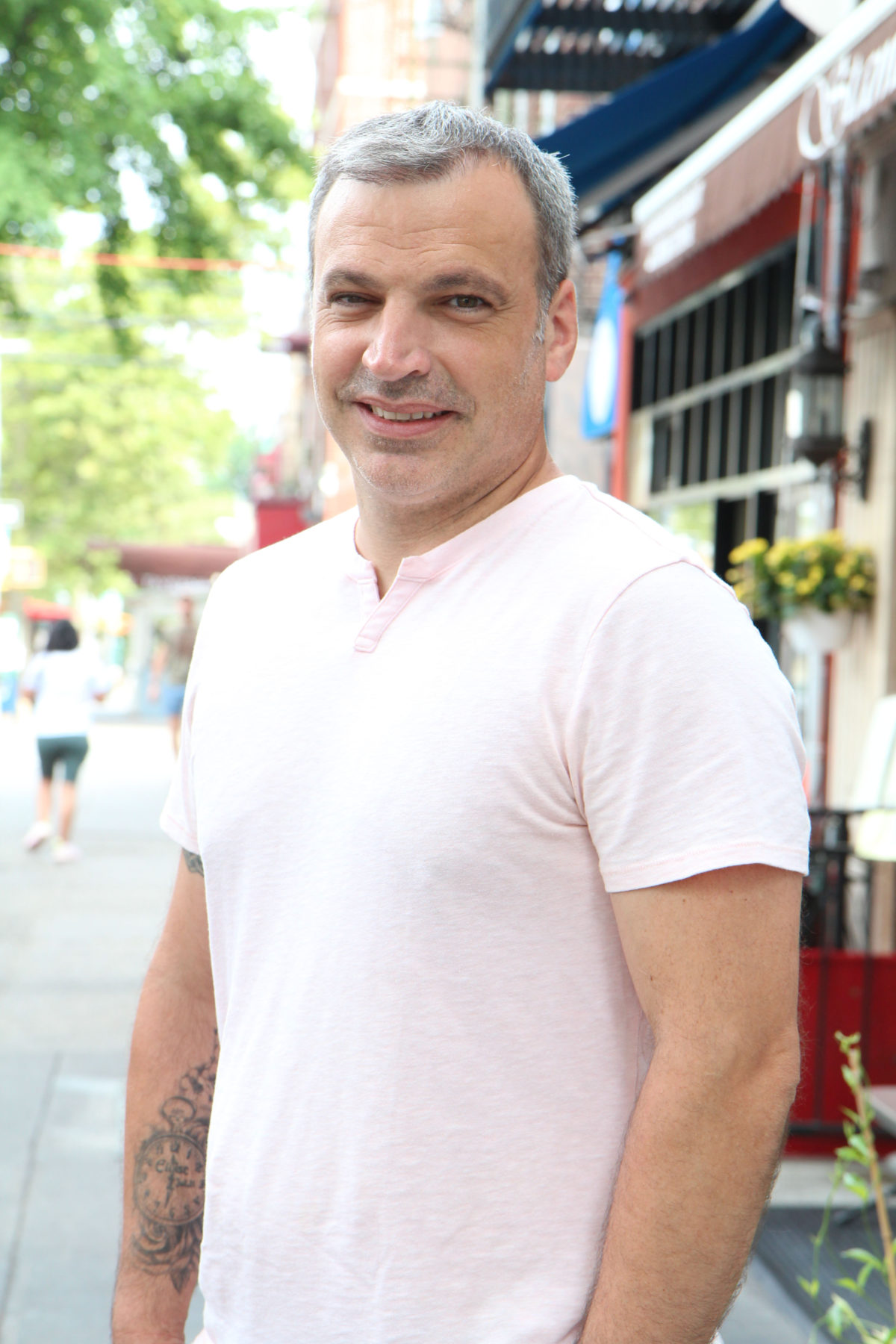
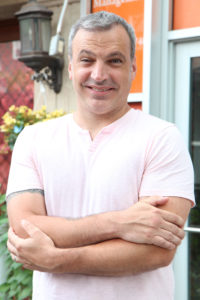
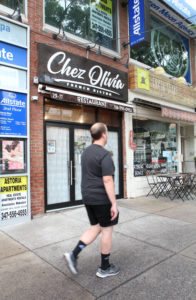
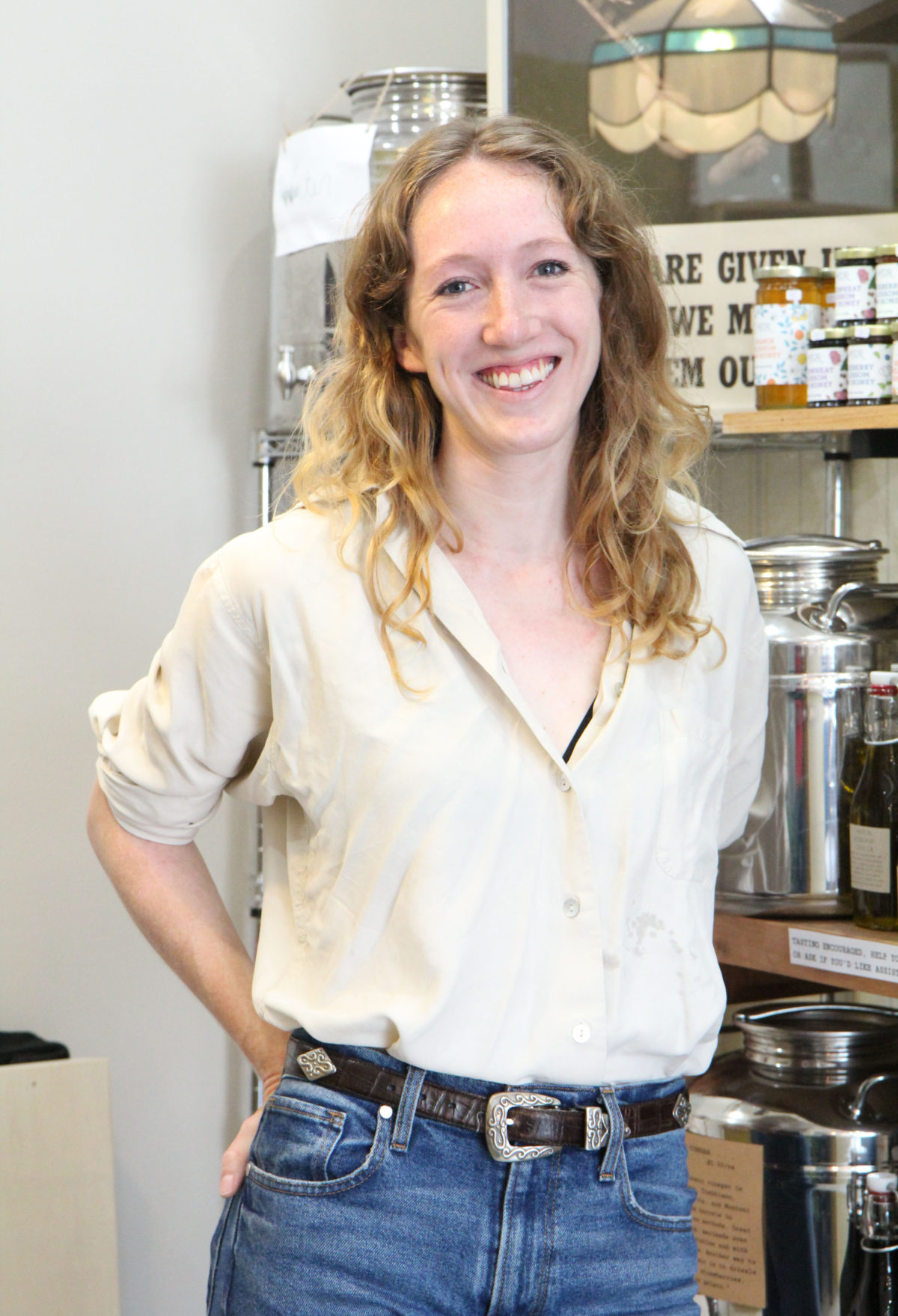
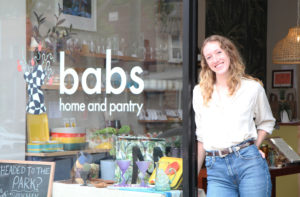
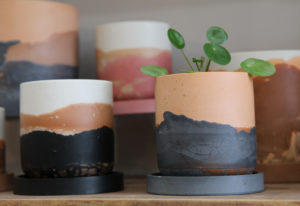
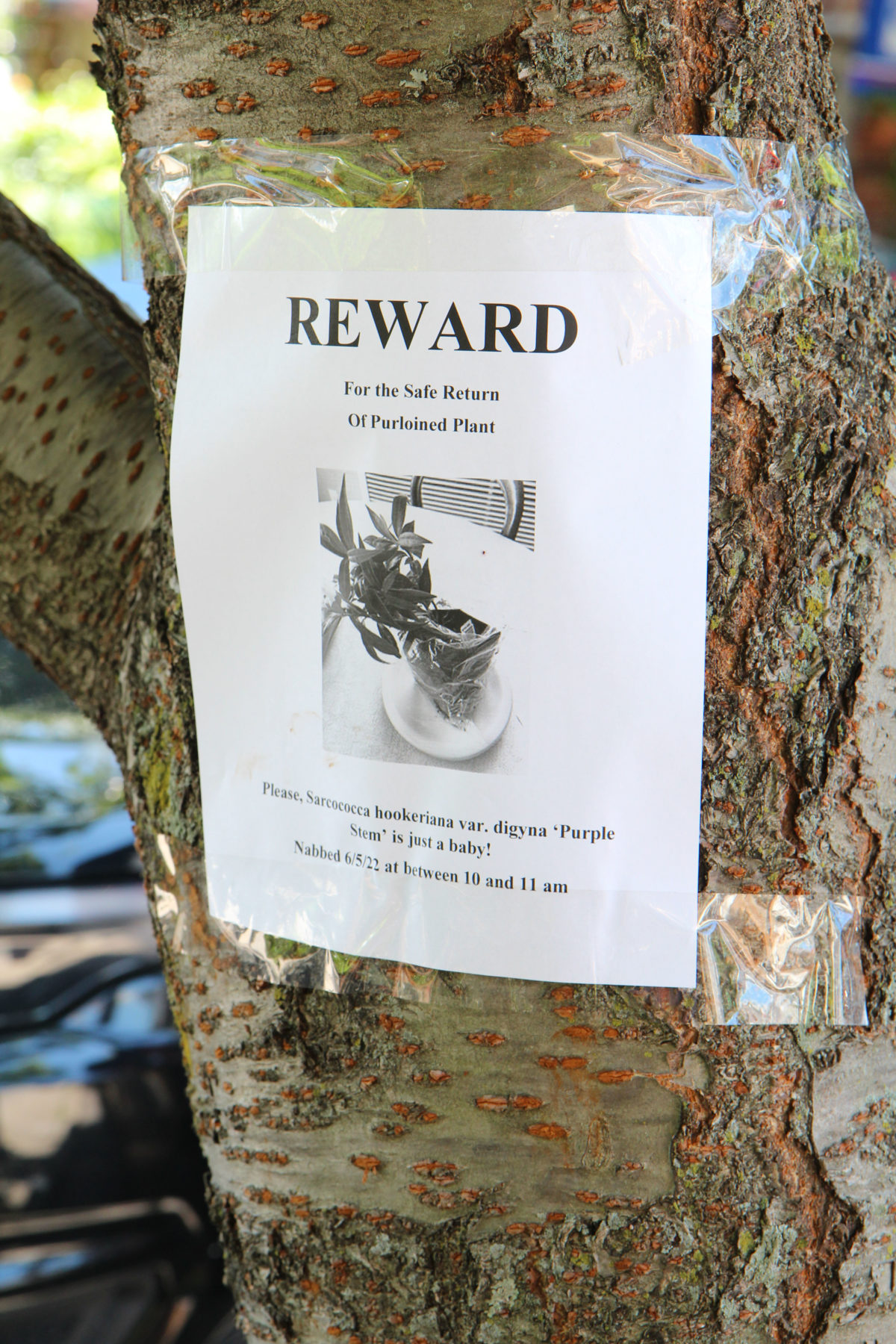
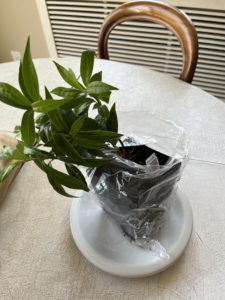
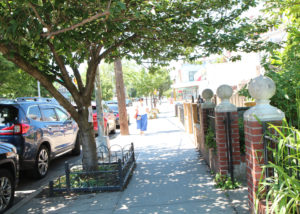
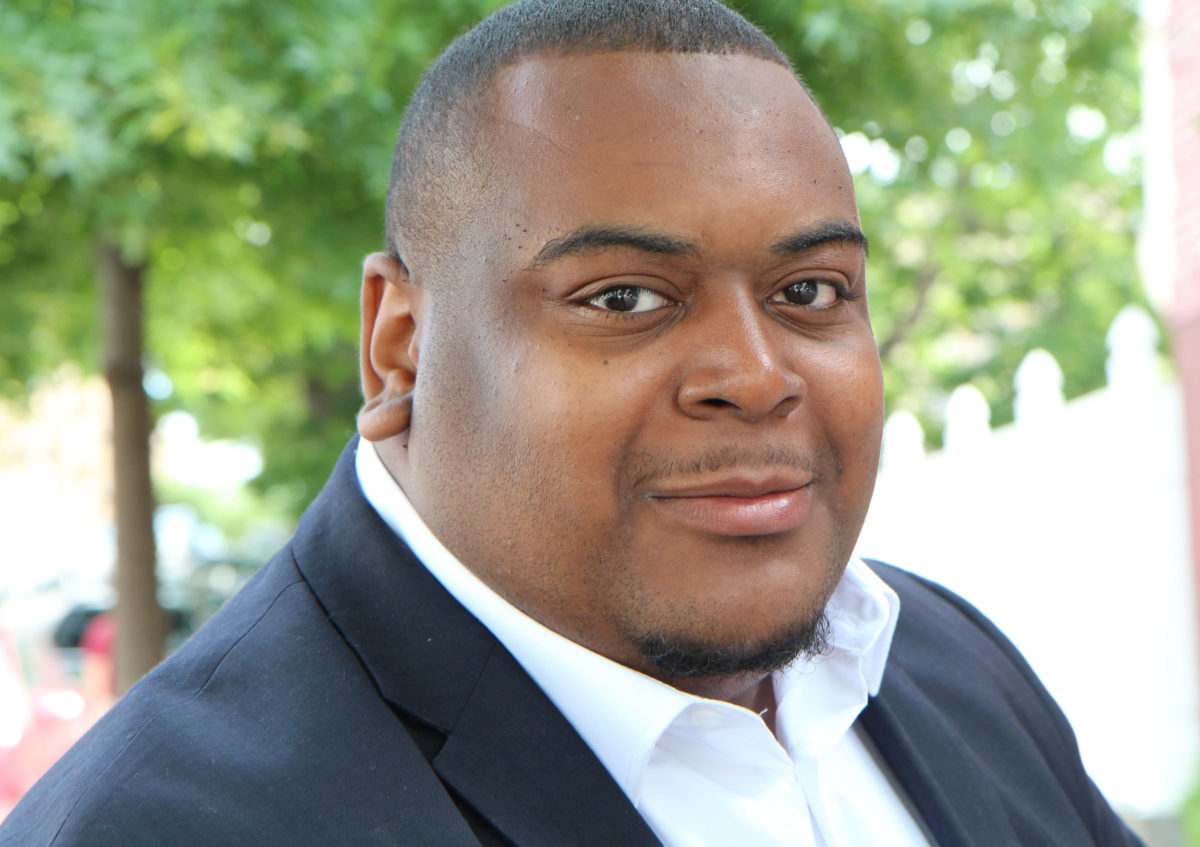
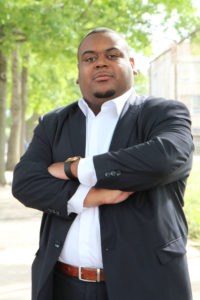
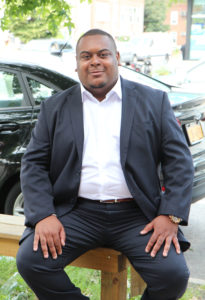
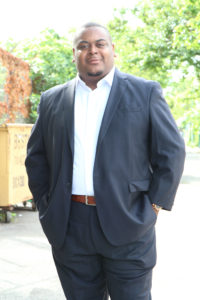
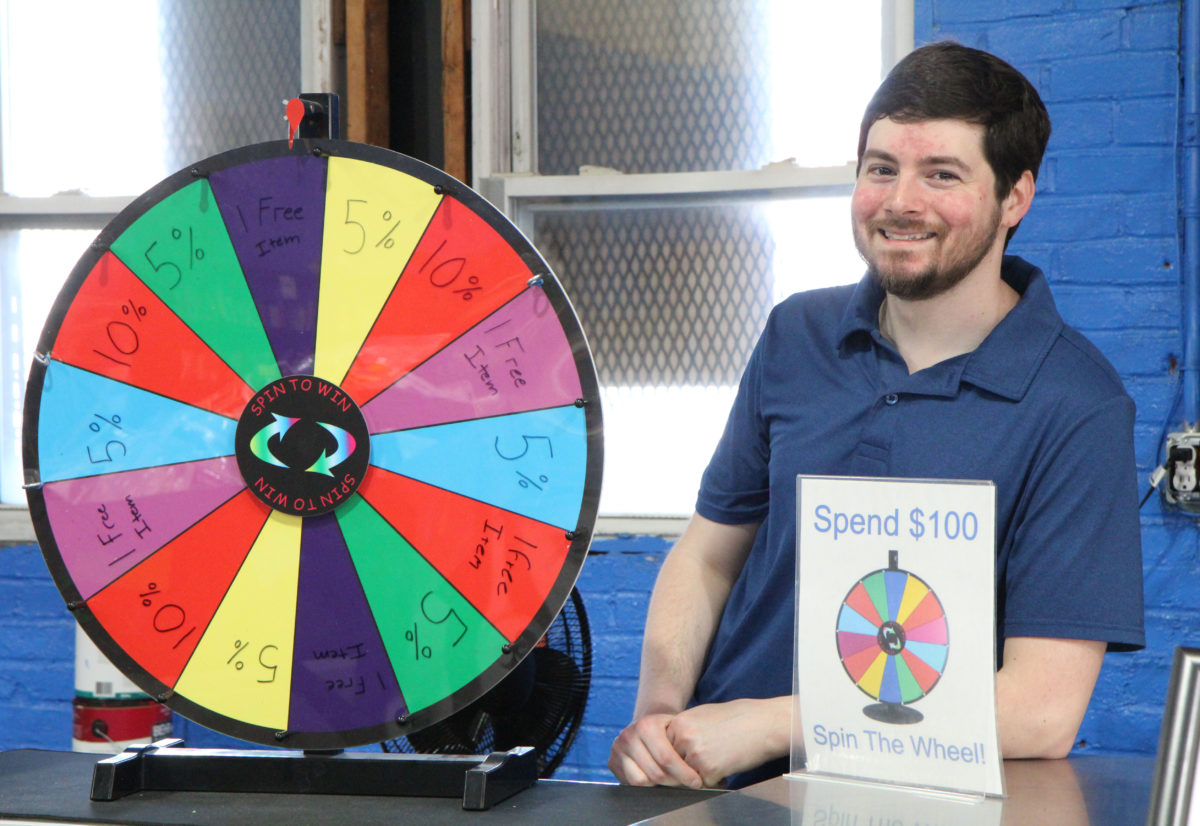
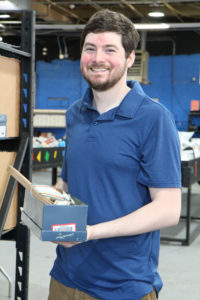
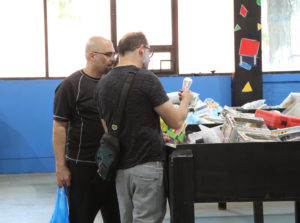
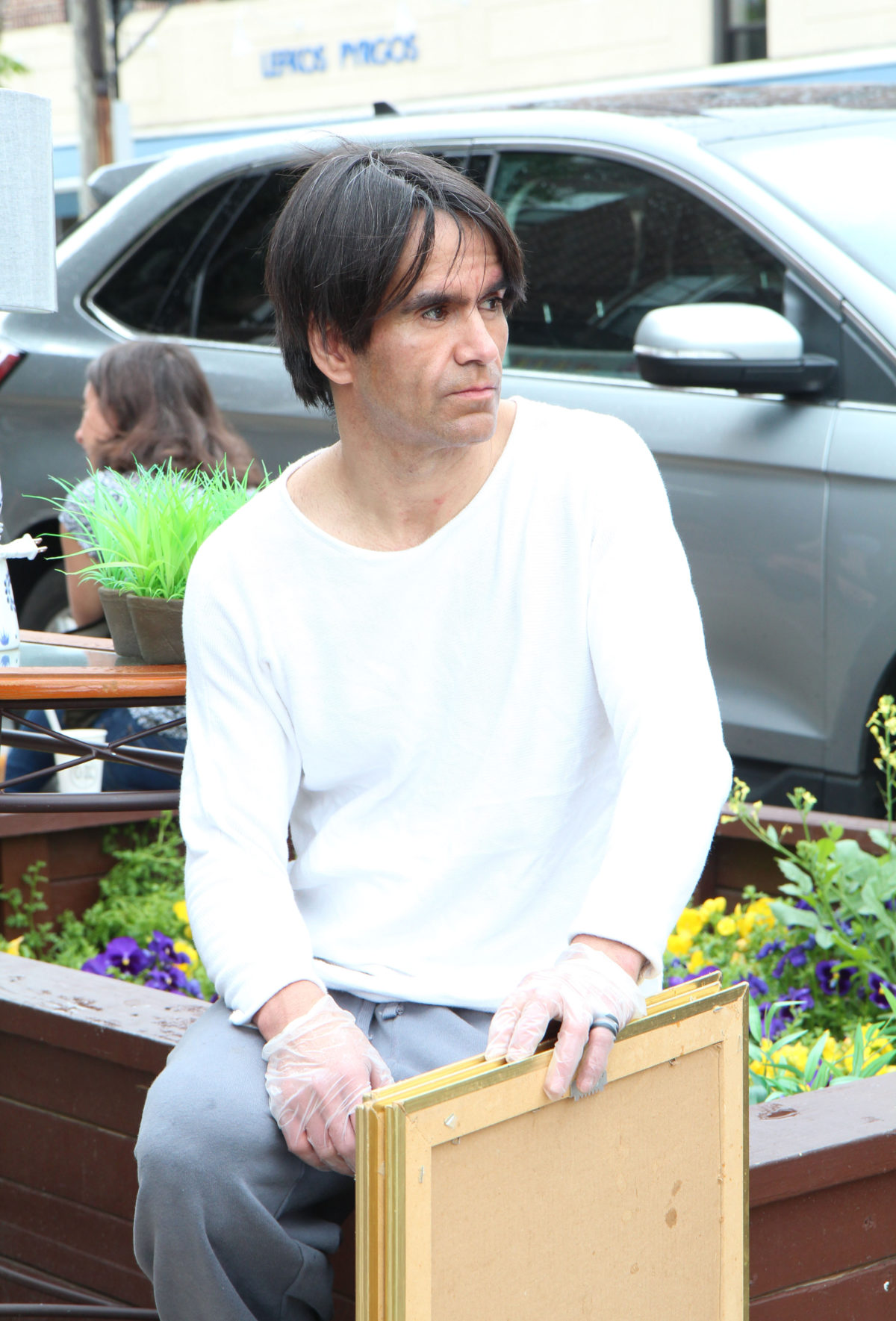
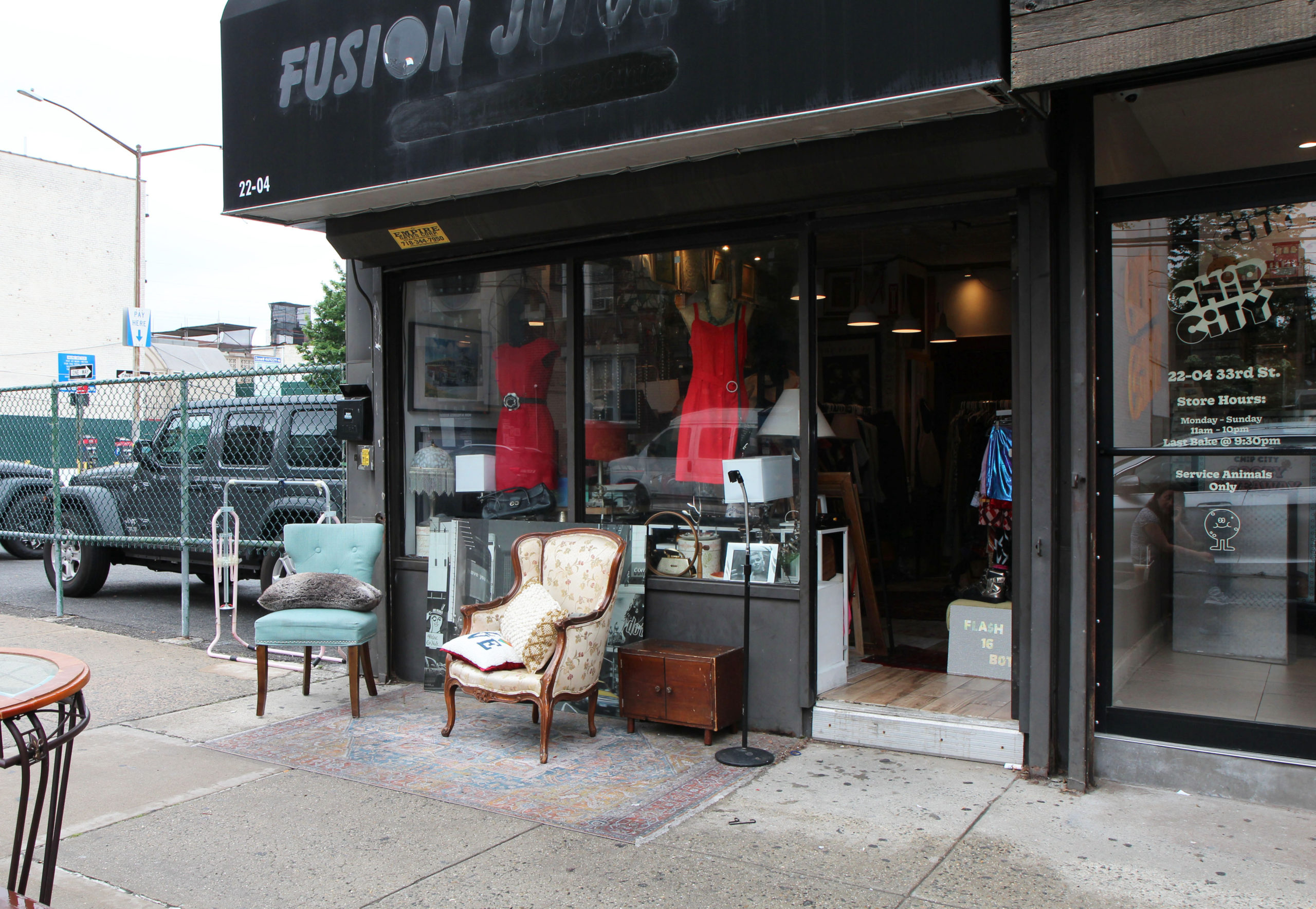
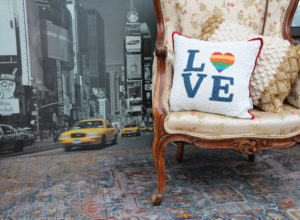
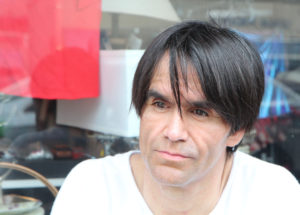
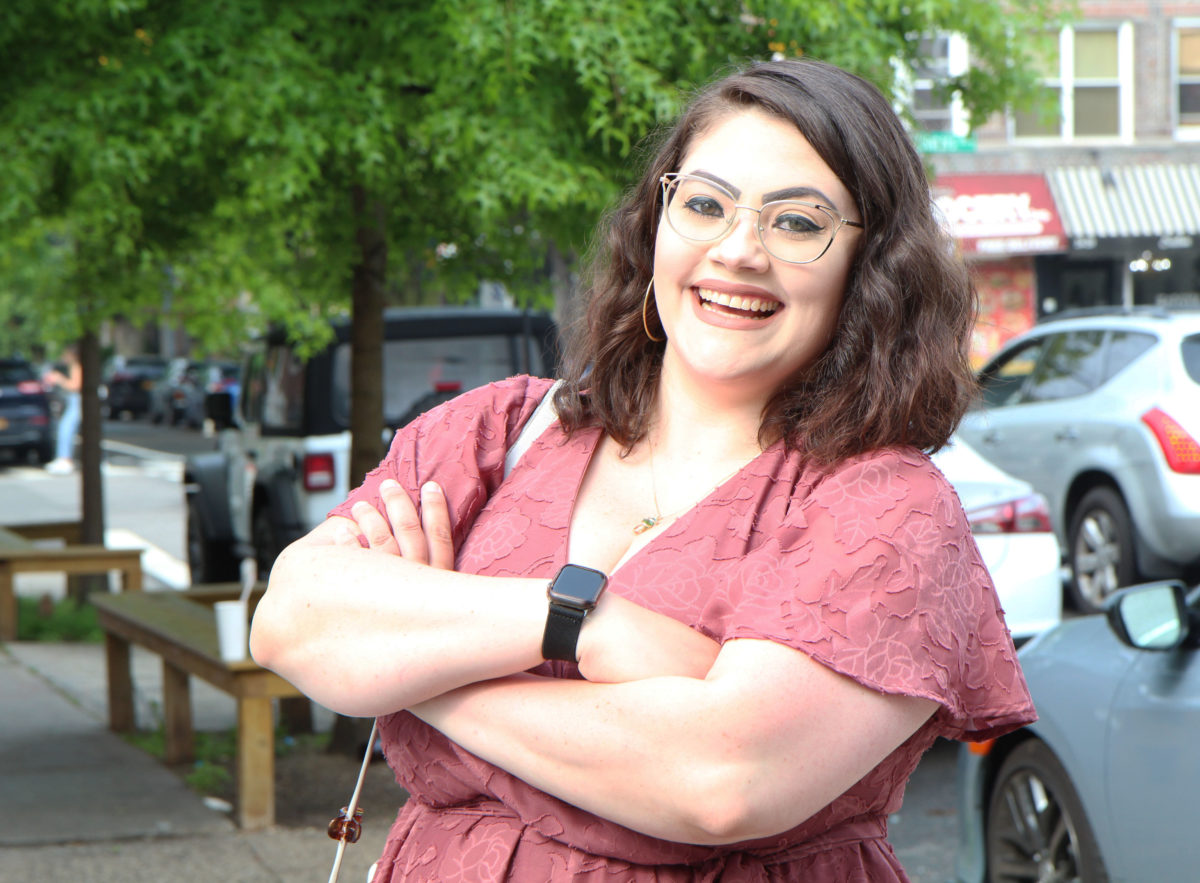
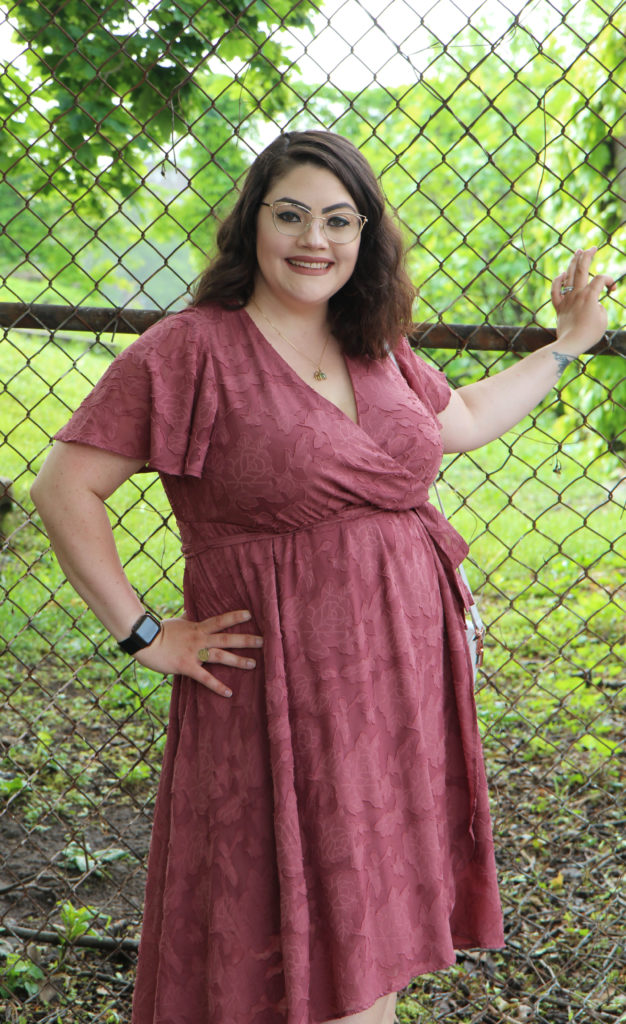
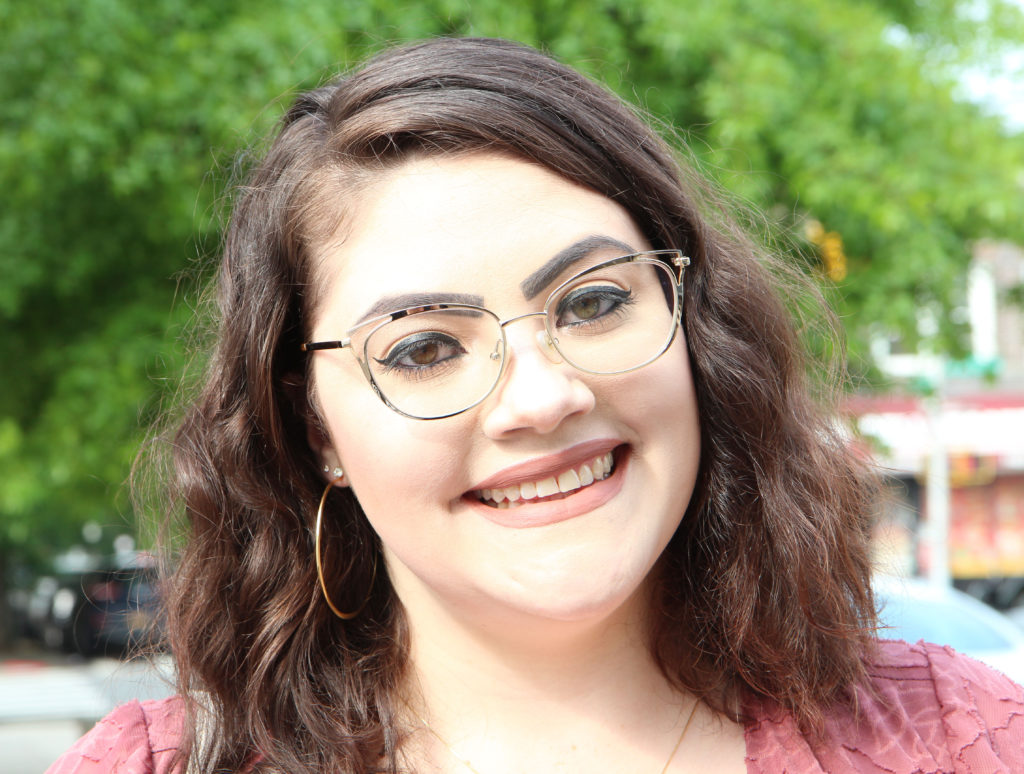
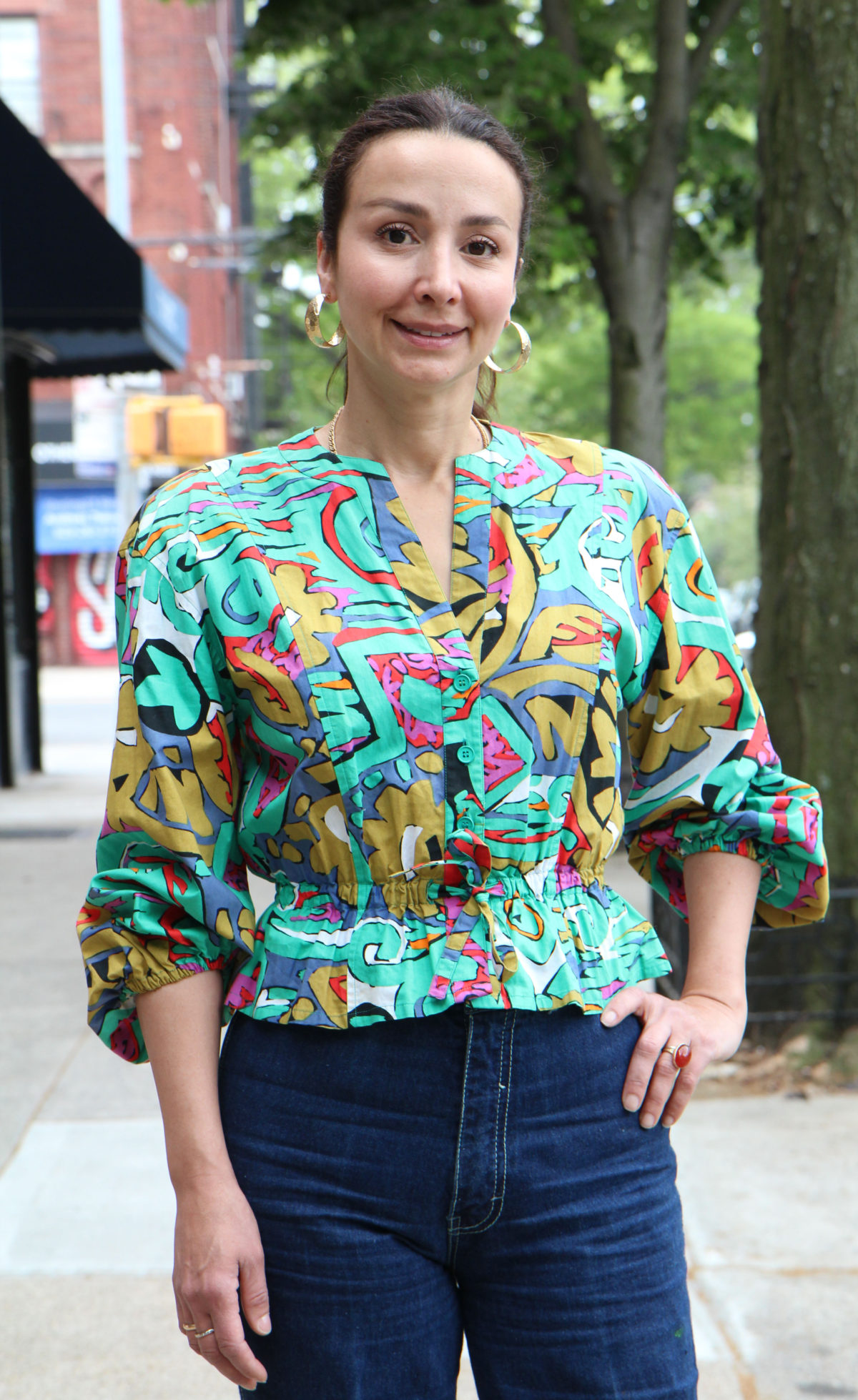
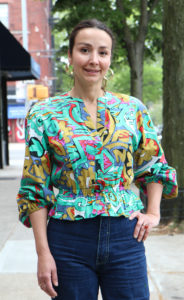 Lisa, model tall with long black hair that she tames by tying it back in a ponytail, was born and raised in Wallingford, Connecticut, which she calls a “lovely little suburban town that I always wanted to get out of when I was young but that I now am nostalgic about.”
Lisa, model tall with long black hair that she tames by tying it back in a ponytail, was born and raised in Wallingford, Connecticut, which she calls a “lovely little suburban town that I always wanted to get out of when I was young but that I now am nostalgic about.”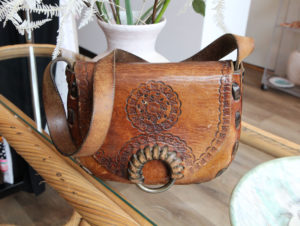 She started selling online and about eight years ago began setting up at the Brooklyn Flea in Dumbo and Chelsea.
She started selling online and about eight years ago began setting up at the Brooklyn Flea in Dumbo and Chelsea.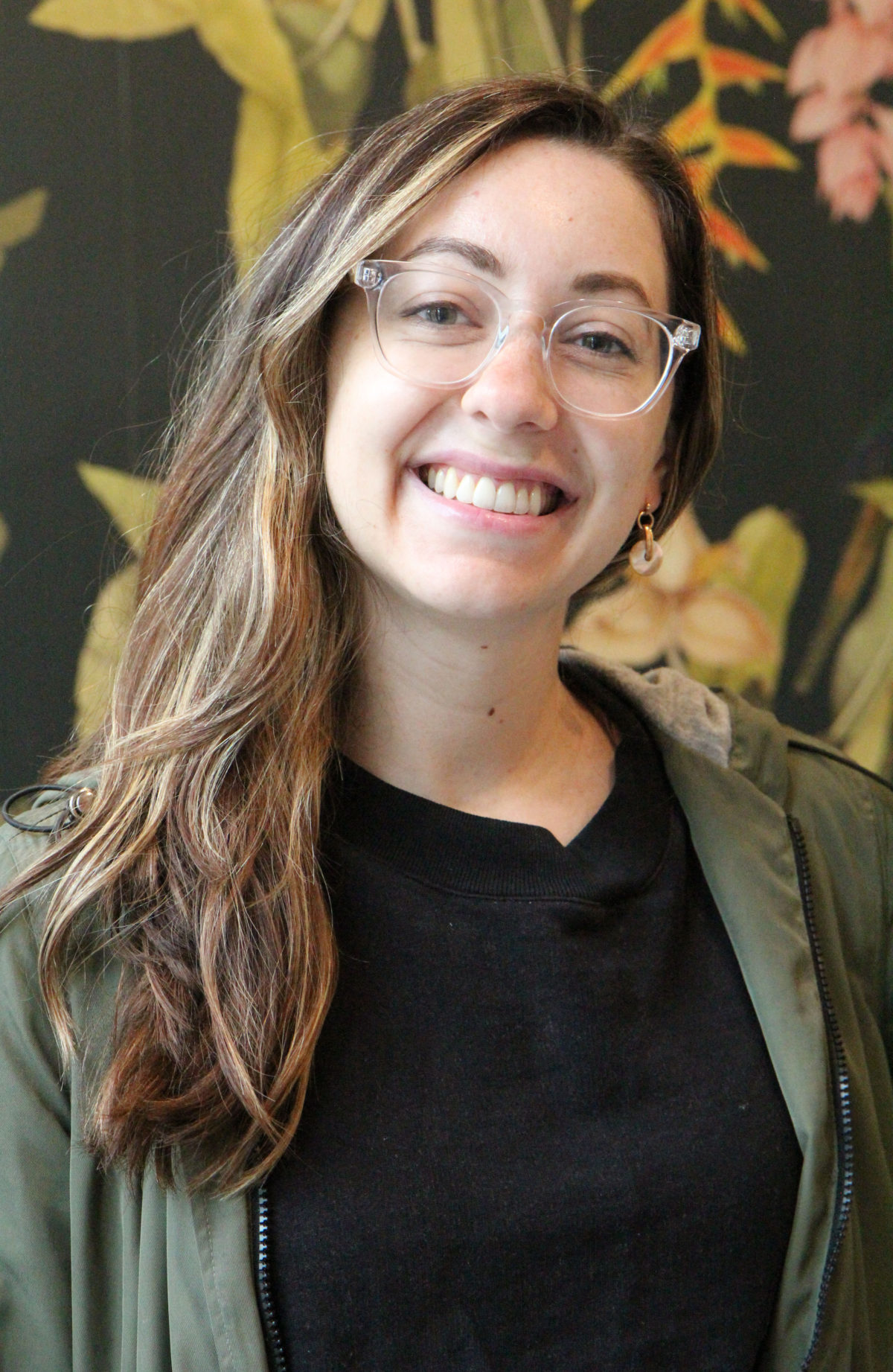
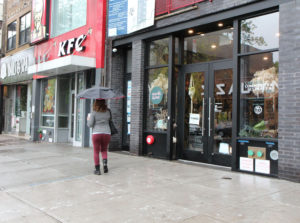 “My biggest goal was to be an art director for a major magazine,” she says, adding that she stayed in Des Moines to take a job with the media conglomerate Meredith Corp.
“My biggest goal was to be an art director for a major magazine,” she says, adding that she stayed in Des Moines to take a job with the media conglomerate Meredith Corp.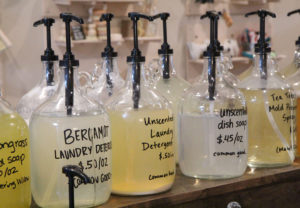 There are shiny silver scoops and funnels for the dry goods.
There are shiny silver scoops and funnels for the dry goods.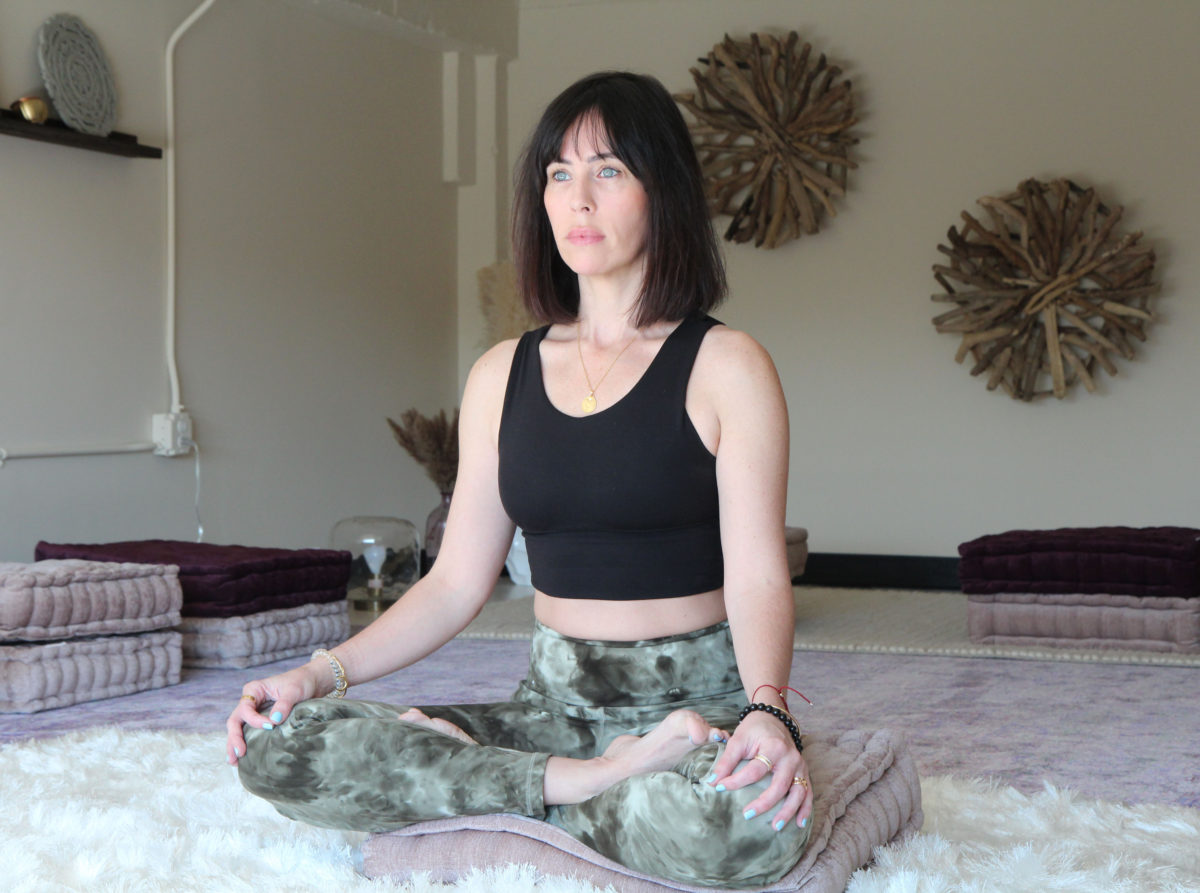
 The lights are low, the music is soft, and the sweet scent of flickering candles is oh so soothing.
The lights are low, the music is soft, and the sweet scent of flickering candles is oh so soothing. “I was so broke that I ate cereal for breakfast, lunch and dinner,” she says. “And I walked to work to save the subway fare – it was five to six miles each way.”
“I was so broke that I ate cereal for breakfast, lunch and dinner,” she says. “And I walked to work to save the subway fare – it was five to six miles each way.”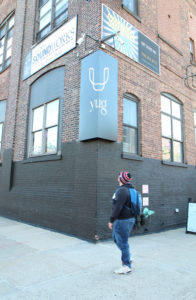 “Yoga changed my life,” she says. “The first thing I learned was that I wasn’t breathing – I was holding my breath. Yoga reconnected me to my breath.”
“Yoga changed my life,” she says. “The first thing I learned was that I wasn’t breathing – I was holding my breath. Yoga reconnected me to my breath.”